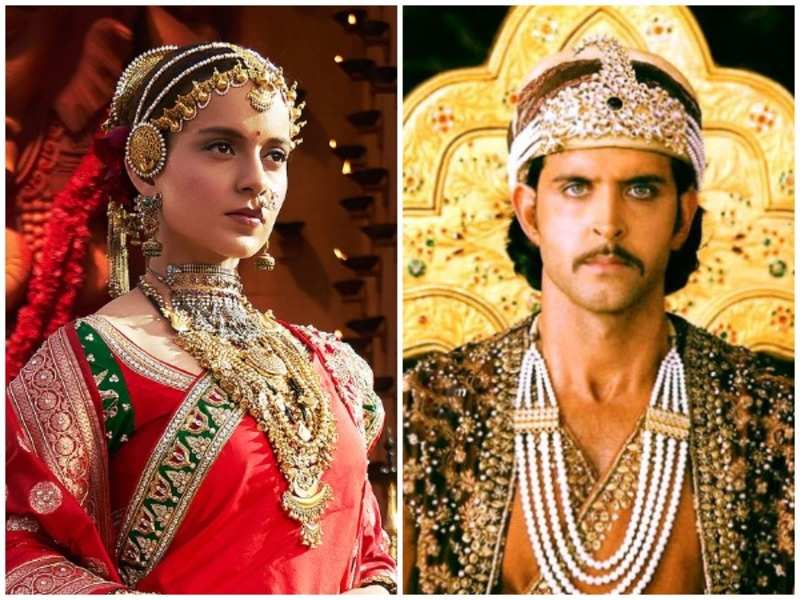


If there had never been a God, it might have been easier to work out what goodness was." He is a marvellous spokesman for his author, of which the reader is left in no doubt when told that Akbar's chief objection to God was that "his existence deprived human beings of the right to form ethical structures by themselves. The remainder of the novel dramatises the story that Akbar is told by this Italian - about the adventures of the enchantress of the title - Akbar's great aunt, Qara Köz, "Lady Black Eyes", eventually re-named Angelica, as she journeyed from the Middle East to Florence, conquering the heart of one bloody conqueror after another.ĭespite her title role, however, it is Akbar who is the moral centre of the book, and who provides its strongest link to the issues that have concerned Rushdie in his works and his life. The Enchantress of Florence is a sprawling novel in three parts: The first part of the novel is taken up with the adventures of an enigmatic Florentine rogue of many names (Mogor dell'Amore, Argalia, Niccolò Vespucci) as he makes his way to the court of Akbar the Great to reveal a secret and claim kinship with the Emperor. She is the one who connects Mughal India and Renaissance Italy and through her, East meets West. In the novel, a Mughal princess is bartered away by her brother and, after changing several hands, becomes the famed enchantress of Florence. Thus, The Enchantress of Florence came into being.

bring together the Florence of the Medicis and the India of the Mughals (two worlds which in real history had very little contact with each other in this period)". Even as he was finishing work on The Ground Beneath Her Feet (1999), he started toying with the idea of "finding a fictional device that would. The fascination with these two periods stayed with him, and decades later, it resurfaced as an idea for a novel. As a student at Cambridge in the 1960's, Rushdie was greatly drawn to the history of Mughal India and Renaissance Italy - two uniquely great moments in both India and Europe, representing the pinnacle of both cultures. Interestingly, though this novel is his tenth, the genesis of its idea preceded many others. In The Enchantress of Florence, he traces thatsecular ideal (cherished by the founding fathers of the Indian nation and enshrined in its constitution) back to its source - in the musings of the 16th century philosopher- king. In his novels on the subcontinent (especially Midnight's Children and The Moor's Last Sigh ), he has explored the fate of secularism in India - what came of it in the years and decades after Independence - and recorded his bitter disappointment at the souring of that great Indian dream. The questions of Muslim identity and culture have always been important to Rushdie - especially, vis-à-vis the secular credentials of the Indian polity. In both, his Rajput wife, Jodha Bai, plays an important role - though she plays it very differently.
JODHAA AKBAR FULL
Gowarikar's Jalal ud-din, on the other hand, is a young man of great beauty and vigour, at the peak of his powers, discovering himself and his ideals through his love, and with a life full of possibilities and greatness ahead of him. He is a tortured, faltering, fallible man - past his prime, beset with anxieties, and disillusioned at the failure of his dreams. Rushdie's Akbar muses at length on the questions of God and Man. It is this leader who thought much ahead of his times who dominates both the novel and the film - though they depict him at different stages of his life. At the heart of both is Jalal ud-din Muhammad Akbar (1542-1605), the greatest Mughal Emperor of India, who, though illiterate, was gifted with a unique syncretic vision which he tried concretising in his own lifetime, by creating a new religion of man ( Din-i-Ilahi or the ‘Divine Faith') that sought to bring people of all faiths under the same roof. Jodhaa Akbar is a lavish period drama on celluloid The Enchantress of Florence is an ‘East meets West' novel, highlighting not so much a clash of civilisations as their commonality.


 0 kommentar(er)
0 kommentar(er)
